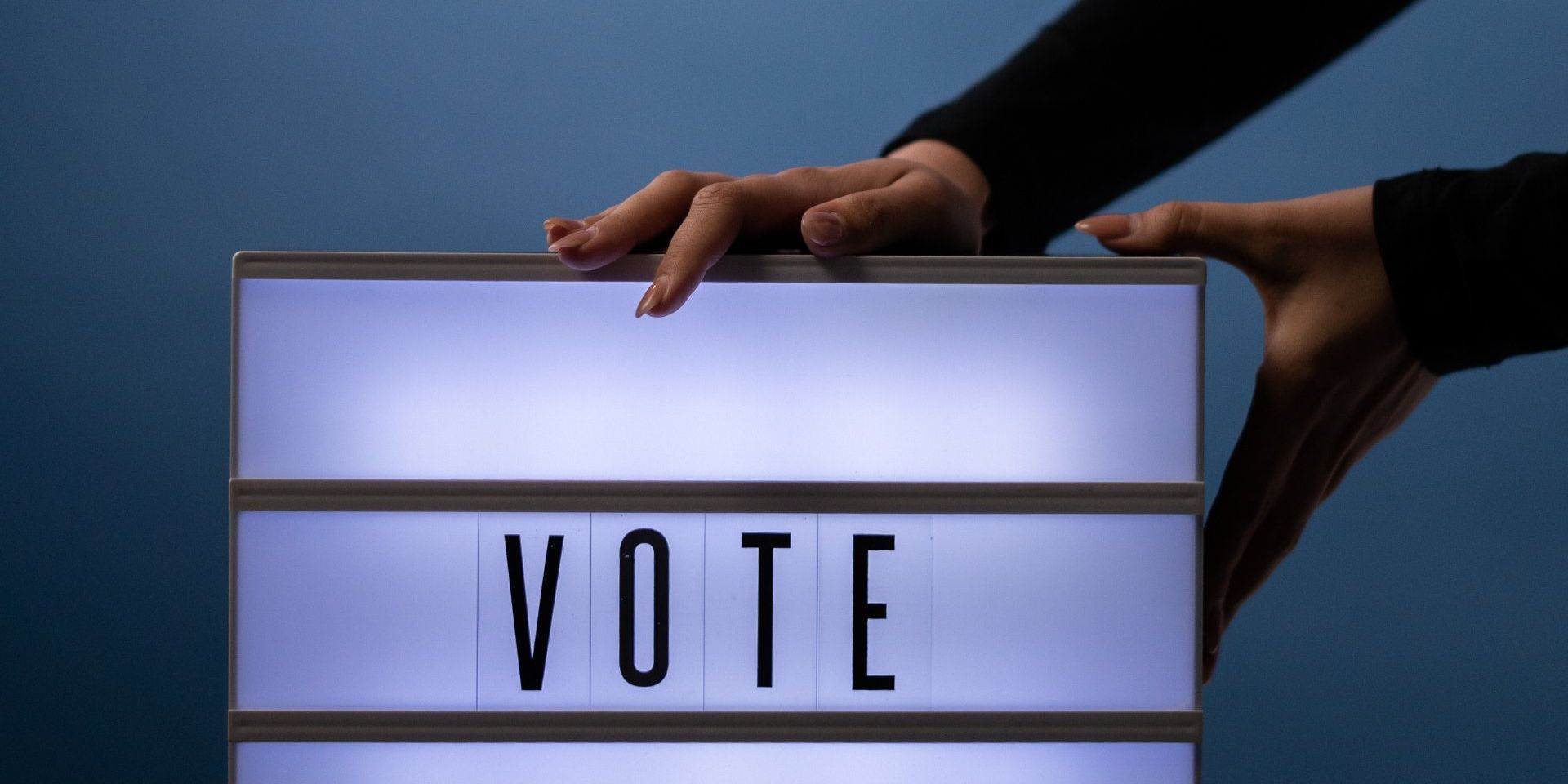Introduction:
In the world of housing and mortgages, the impact of political events cannot be underestimated. Elections, in particular, have the power to shape the landscape of the real estate market and lending practices. At DNVR Lending, we believe that understanding the intersection between politics and housing is essential for both prospective homeowners and lenders. In this blog post, we'll delve into how elections have influenced the housing market, the mortgage industry, and the implications for borrowers.
The Regulatory Shuffle:
One of the most significant ways elections affect the housing market is through changes in government policy and regulation. When a new administration takes office, it often introduces policies and reforms that can directly or indirectly impact the real estate industry. This can include changes in lending standards, interest rates, tax incentives, and more.
The 2008 financial crisis and subsequent election of President Barack Obama, for example, led to the Dodd-Frank Wall Street Reform and Consumer Protection Act. This legislation introduced stricter lending standards and more extensive financial regulations. It aimed to prevent a repeat of the housing market crash, but it also had consequences for both lenders and borrowers. Similarly, a new administration might introduce policies that encourage or discourage homeownership, affecting demand for mortgages.
Interest Rates and Economic Stability:
Elections can also have a profound influence on interest rates. Central banks often adjust monetary policies based on the economic outlook and political stability. When there is uncertainty surrounding an election, it can lead to fluctuations in interest rates. This volatility can impact mortgage rates, causing them to rise or fall depending on the outcome.
For example, in times of economic uncertainty or change in political leadership, central banks might lower interest rates to stimulate the economy. Lower interest rates can make homeownership more affordable, as it reduces the cost of borrowing for mortgages. On the flip side, a stable political environment may lead to increased interest rates, potentially impacting the affordability of loans for prospective buyers.
Tax Policies:
Another area where elections can impact the housing market is through changes in tax policies. Tax incentives for homeownership can influence a buyer's decision to enter the housing market. For example, the deduction of mortgage interest from taxable income has been a long-standing incentive for homeowners in the United States. Changes in this tax policy can either encourage or deter people from purchasing homes.
Elections can bring about shifts in taxation policies that influence the real estate market. Homebuyers, investors, and lenders all need to stay informed about any potential changes that could affect their financial situations.
Effects on the Housing Market During an Election:
During an election season, the housing market often experiences unique dynamics. Buyers and sellers may alter their behavior in response to the uncertainty of the election's outcome. Buyers might be more cautious and hesitant to make significant investments in the real estate market, leading to a temporary slowdown in sales.
On the other hand, sellers may be more motivated to finalize their transactions before potential changes in policies or taxes. This can lead to increased inventory as sellers rush to make deals, creating opportunities for buyers in terms of choice and potentially more negotiable prices.
Implications for Borrowers and Lenders:
For borrowers, staying informed and being adaptable is crucial in a fluctuating political environment. When a new administration takes office, it is wise to monitor potential changes in interest rates, lending standards, and tax incentives. These changes can significantly impact the affordability and feasibility of homeownership.
Lenders, like DNVR Lending, must also be adaptable in the face of election-induced changes. Lending standards, underwriting practices, and portfolio management may need to evolve to meet new regulatory requirements and market conditions.
Conclusion:
In the world of real estate and lending, elections have a substantial influence on the housing market, mortgage industry, and the experiences of both borrowers and lenders. The relationship between politics and housing is complex, and it's essential for all stakeholders to be aware of the potential impacts and respond accordingly.
At DNVR Lending, we are committed to guiding our clients through the ever-changing landscape of mortgage lending. Whether it's staying updated on regulatory changes, monitoring interest rates, or providing expert advice on how elections may impact the market, we are here to help you navigate the housing market with confidence and make informed decisions about your mortgage needs.
If you're considering buying a home, refinancing, or exploring your mortgage options, reach out to DNVR Lending for personalized advice and support. Our experienced team is here to assist you, no matter how the political winds may be blowing.


















